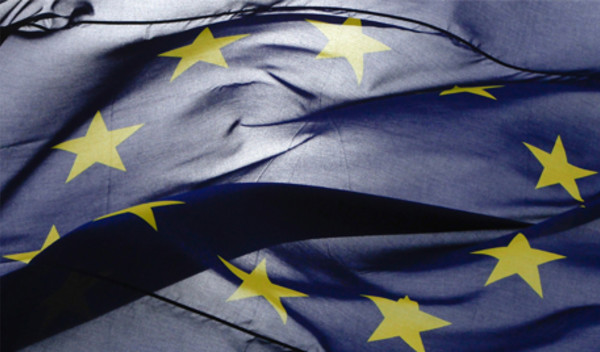

Eurozone economic growth slowed to 0.3 per cent in the second quarter, from 0.4 per cent at the start of the year, with economists revising their forecasts for the rest of the year.
Here are three opinions on what the slowdown means for the markets:
Azad Zangana, senior economist at Schroders.
“The slowdown in growth comes as a slight disappointment for markets where consensus expectations were for 0.4 per cent growth, but given the concerns over Greece during the period, the latest figures show robust and steady recovery,” he commented.
The investment manager noted Germany’s slightly weaker than expected growth rate of 0.4 per cent this morning (14 August), which was caused by much weaker industrial production despite a surge in retail sales of late that helped to maintain steady growth in aggregate.
“The biggest disappointment came from France, where the pick up in activity seen in the first quarter turned out to be too good to last,” said Mr Zangana, explaining that the French economy was stagnant in the three months to June, compared with 0.7 per cent in the first quarter.
“Italy also disappointed, missing consensus expectations of 0.3 per cent by managing just 0.2 per cent growth,” he noted, adding that Spain’s preliminary estimate for growth showed another strong quarter of 1 per cent growth, while Greece also beat expectations with a “miraculous” 0.8 per cent growth rate.
“Looking ahead, we forecast a slight acceleration going into the second half of the year as further falls in global energy prices should boost the purchasing power of households.
“Concerns over growth in emerging markets, China in particular, may hit investment in Germany, the Netherlands and Austria, which all disappointed in the second quarter,” Mr Zangana added.
Nina Skero, economist at the Centre for Economics and Business Research.
“Today’s mixed results come amid an increasingly uncertain global picture,” she stated, pointing out that as the European Central Bank’s governing council pointed out in its mid-July meeting, external risks to eurozone growth have intensified.
“Given China’s crucial role in global trade, the country’s apparent slowdown may have a larger than initially expected impact on European economies. Additionally, CEBR expects the US Federal Reserve to raise interest rates in December.”
On a brighter note, demand within the eurozone stands to benefit from the combined impact of lower oil prices and the ECB’s quantitative easing programme, according to Ms Skero.
“Also, today’s data confirmed that the currency area’s annual consumer price inflation remained in positive territory for the fourth consecutive month in July.”
“Given Cebr’s expectations of strengthening domestic demand and a stabilization of oil prices, we expect inflation to continue on its recent upward path, but not to reach the ECB’s 2 per cent target until 2017.”
Cebr expects QE and lower oil prices to contribute to 1.4 per cent year-on-year growth across the eurozone in 2015. However, numerous sources of both internal and external risk remain and extend beyond Greece – as weakness in France, Italy and Germany shows.
Jennifer McKeown, senior European economist at Capital Economics.
“The eurozone GDP growth lost some pace in the second quarter, with a renewed divergence between healthy growth in Germany and stagnation in France,” she stated.
Looking ahead business surveys suggest that the eurozone economy will continue to expand, led by strong growth in Spain and a solid German economy, according to the research firm, although they offer little hope that the recovery will gain pace.
“Indeed, we think it is more likely that growth in the region as a whole will slow further in the second half of the year,” commented Ms McKeown.
“Admittedly, the risk that the Greek crisis would derail the wider recovery has diminished for now, but temporary boosts to activity from previous sharp falls in the euro and oil prices are set to fade and we see GDP expanding by just 1 per cent this year as a whole.
“With the recovery too weak to generate inflation, the ECB is set to maintain and perhaps extend its policy support.”
peter.walker@ft.com




